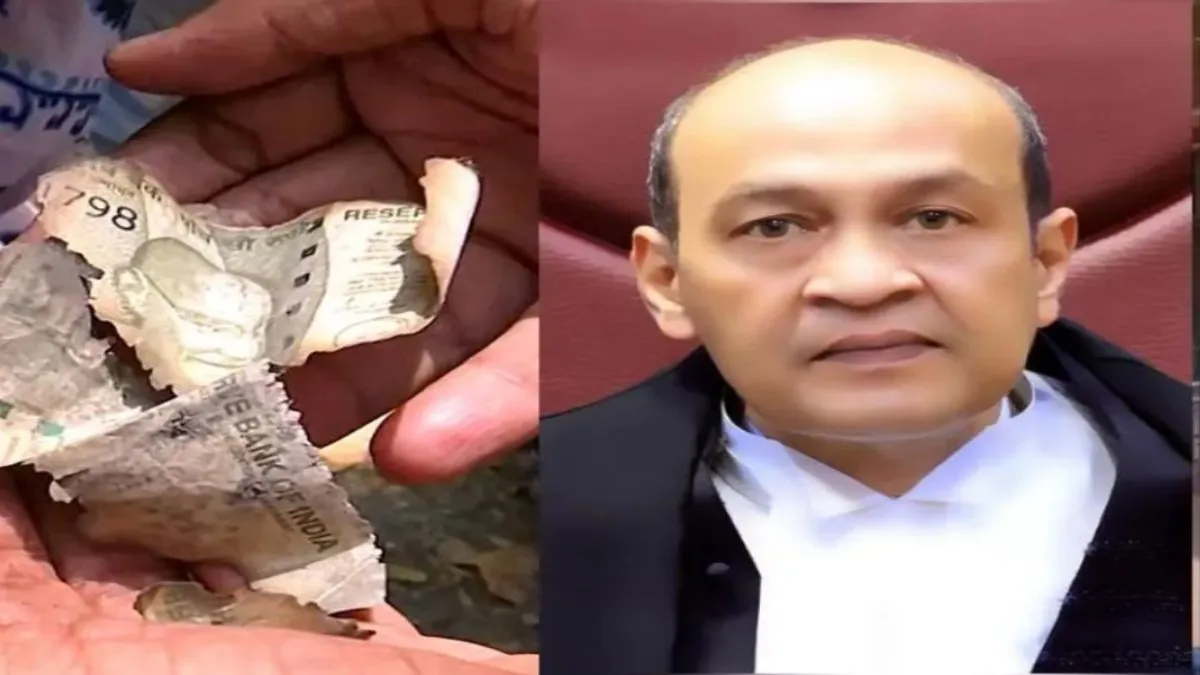Justice Yashwant Varma Cash Row: Lok Sabha Speaker, Om Birla, on Tuesday formed a three-member panel to probe the charges against High Court Judge, Justice Yashwant Varma, after addmitting a notice for his impeachment. Calling the charges against him serious, Om Birla said that the process to remove Justice Yashwant Varma should begin at the earliest.
While reading out the impeachment motion in Lok Sabha, Speaker Om Birla said that he had received a motion on July 31 backed by BJP MP Ravi Shankar Prasad and a total of 146 members from the Lok Sabha and 63 from the Rajya Sabha.
The Speaker set up a three-member committee comprising Supreme Court judge Justice Aravind Kumar, Madras High Court Chief Justice Manindra Mohan Shrivastava and senior advocate of Karnataka High Court B V Acharya, under the Judges (Inquiry) Act, 1968.
ALSO READ: Cash Row: Justice Yashwant Varma Faces Impeachment; Panel Finds ‘Serious Misconduct’, Urges Removal
“I have found substance as per the rules in the motion and have admitted it for discussion. I have also constituted a three-member committee to investigate the matter, which includes: Justice Arvind Kumar, Supreme Court; Justice Manindar Mohan Shrivastava, Chief Justice of Madras High Court; and Mr V.V. Acharya, senior high court, Karnataka High Court,” Om Birla said.
“The committee will submit its report as early as possible. The proposal (for removal of Justice Varma) will remain pending till the receipt of the report of the inquiry committee,” the Speaker added.
This marks the beginning of proceedings against Justice Yashwant Varma under Articles 124 (4) and 217 and 218 of the Constitution for his potential removal from office. The case began after bundles of charred currency were discovered at Justice Varma’s government-allotted residence in Delhi during a fire incident in March this year.
Though the judge was not present at the time the fire occurred at his residence, a three-member in-house judicial inquiry later concluded that he exercised “secret or active control” over the stash, prompting the Chief Justice of India to recommend his removal.
If the committee finds merit in the allegations, the motion will require a special majority in both Houses — a two-thirds vote of members present and voting, and a majority of the total membership — before being sent to the President for final approval.
This marks only the third time in independent India’s history that impeachment proceedings have been initiated against a sitting judge, underscoring the gravity of the charges and the institutional resolve to uphold judicial integrity.
